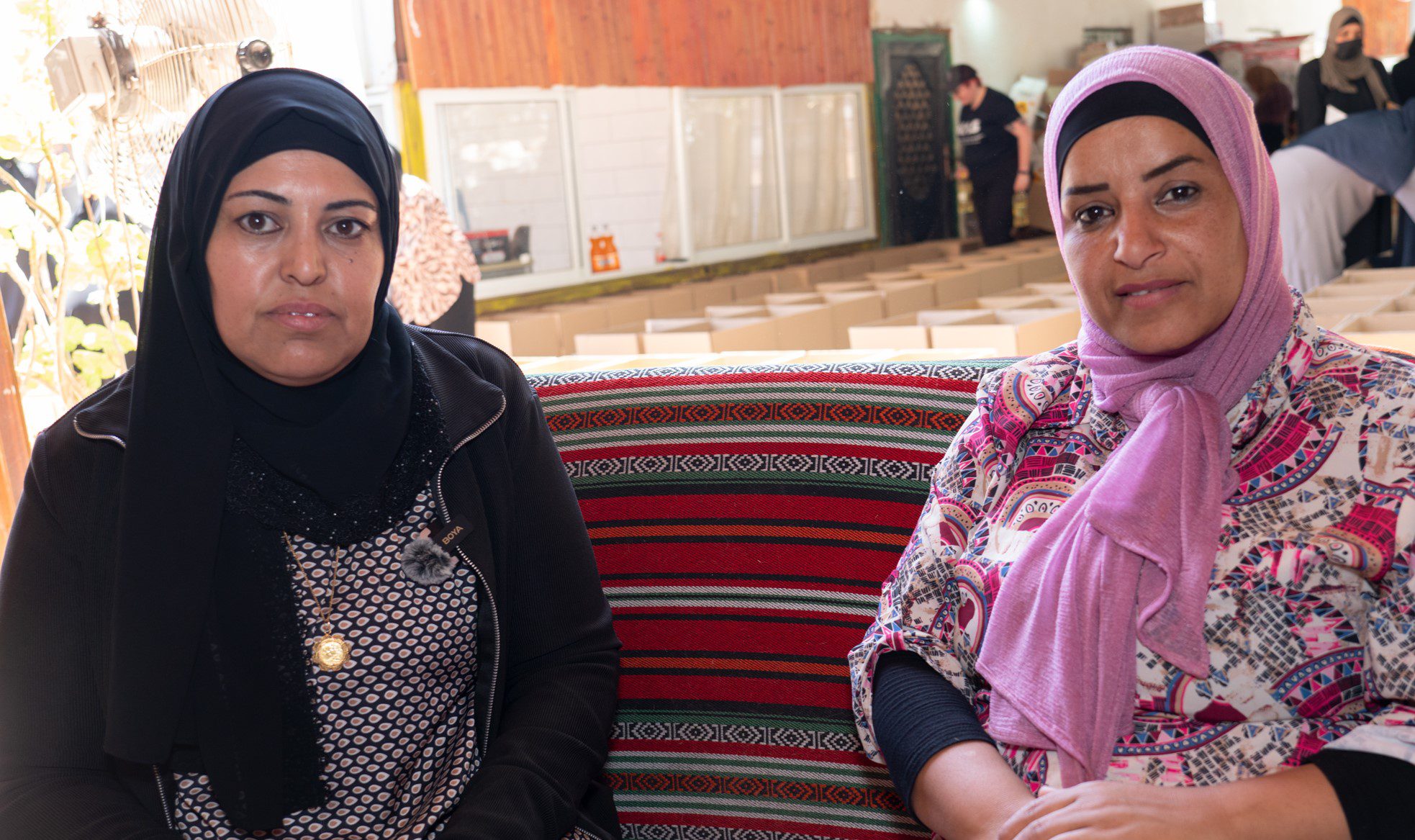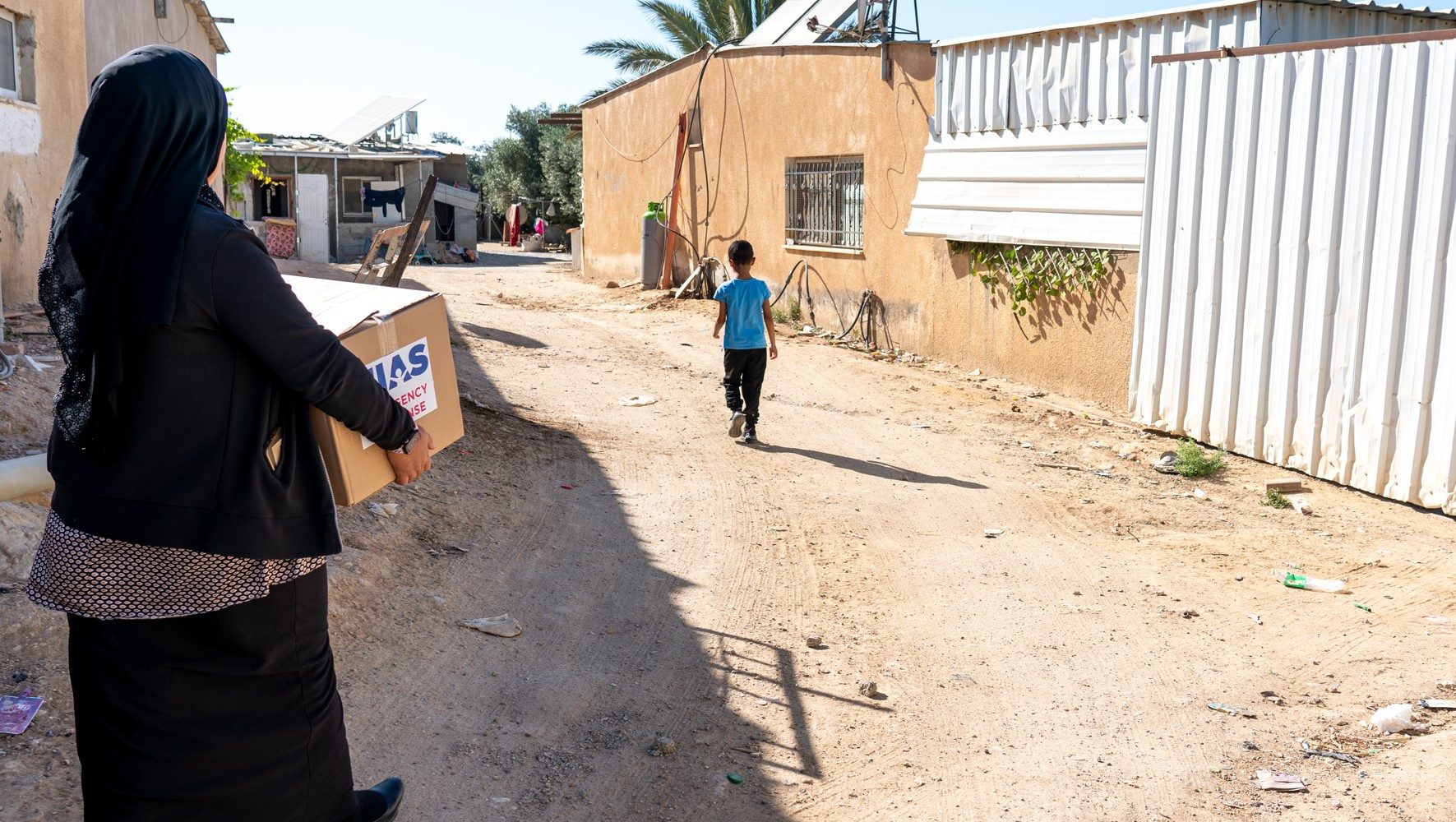A Voluntary Deportation of Eritreans from Israel?
Jul 15, 2013
Recent headlines in Israeli publications Haaretz and Ynetnews about the "willful emigration" of detained migrants to their countries of origin have raised some questions in my mind about the meaning of free will.
Repatriation is considered the preferable durable solution for people in refugee situations, usually both by the refugees themselves and the international community. When an asylum seeker no longer fears persecution in his or her country of origin and can return there in safety and in dignity this solution can be achieved.
In the years 2009–2011, HIAS Israel was involved in an Assisted Voluntary Return (AVR) program to South Sudan. We interviewed hundreds of applicants to determine whether their decision to return to South Sudan was a voluntary one. People wanted to go back for different reasons: homesickness, the desire to reunite with family, the motivation to take part in the rebuilding of the new independent nation, the hardships of everyday life in Israel, and the uncertainty of their status in Israel. Whatever the reasons were, we assessed the pull and the push factors that were at play in their decision. When the push factors out of Israel were clearly a dominant factor in the decision, this raised questions about their voluntarines, and we evaluated whether they felt coerced to go back and reviewed if there were other ways they could be helped. As a rule, we did not interview people in detention, based on the notion that a person whose liberty is denied is not making the decision to return out of free will. There are exceptions to this rule, such as a gravely ill family member in the country of origin or an unusual humanitarian situation, and these exceptions warrant careful evaluation.
But when the headlines announce that dozens in detention sign willful emigration forms and are soon to be deported, alarm bells go off about the validity of this process.
People have a right to self determination over their lives. They have a right to return to their country—one of the principles enshrined in the Universal Declaration of Human Rights. The problem begins when the act of saying "I want to leave" is the only act of free will that a person can exercise. It becomes an even bigger problem when the access to the RSD (Refugee Status Determination) system is limited or flawed.
The UNHCR Handbook on voluntary repatriation observes that if refugees are legally recognized as such, and if their rights are protected, their choice to repatriate is likely to be truly free and voluntary. But if their rights are not protected, and they are subject to pressures and confined to closed camps, their decision to return is not an act of free will.
Under Israel's anti-infiltration law, many asylum seekers find themselves detained for at least three years for crossing the border without authorization. The law does not distinguish between refugees and people who come to Israel for other reasons. The majority of those detained fled from an oppressive regime and endless military service in Eritrea and from the genocide in Sudan. No one is putting a gun to their head and telling them to sign these "willful emigration" forms. However, for many of them, this process is their only ticket out of protracted detention and the state of hopelessness that comes with it.
Reading about the new procedure that allows voluntary repatriation from detention, one wonders: If the people reported on in the article want to return because they truly want to go home, then why not let them make this decision outside the walls of detention? After all, the result should not be different if this is a genuinely voluntary decision.
The newly approved procedure seems quite effective, especially when applied with other newly approved procedures that allow for the detention of more asylum seekers in Israel under the Anti-infiltration law. Effective. Organized. Systemic. These are just some of the words that come to mind when reviewing these procedures. Voluntary? Probably not.






